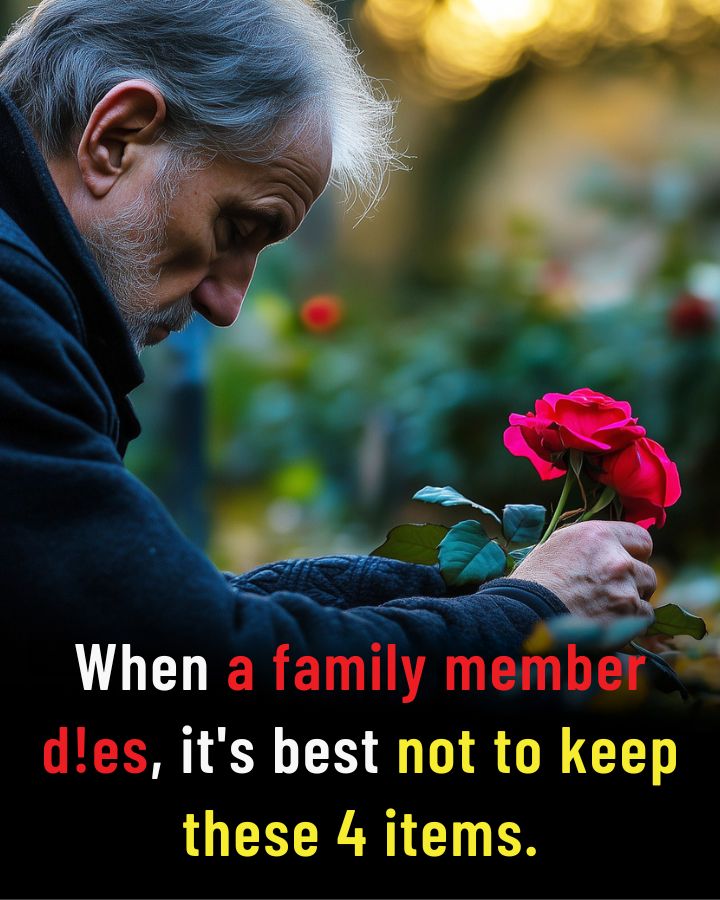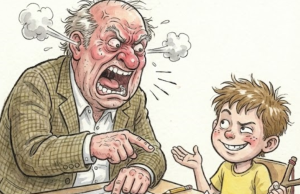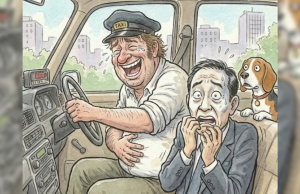
Dreams can be mysterious windows into our inner world. When we dream about the d3ath of someone we care about, the experience can feel disturbingly real and leave us shaken upon waking. But despite the emotional intensity of such dreams, they’re not necessarily bad omens. Instead, they often carry symbolic messages from our subconscious.
Why Do These Dreams Affect Us So Deeply?
Dreaming about the d3ath of a loved one can provoke strong anxiety. These dreams tap into our deepest fears—fear of loss, guilt, loneliness, or emotional disconnection.
For instance, if you’ve recently had tension or an unresolved argument with someone close to you, a dream about their d3ath may reflect your fear that the relationship could deteriorate permanently.
Still, such dreams are rarely meant to be taken literally. More often, they reflect emotional states or inner conflicts rather than predicting future events.
The Symbolism of De.ath in Dreams
In the world of dreams, d3ath doesn’t necessarily mean the end of someone’s life. It often represents change, transformation, or the closing of a chapter in your life.
For example, dreaming of a parent’s d3ath might symbolize your growing independence or a shift in your family dynamics—not a literal desire for them to be gone, but an indication that you’re entering a new stage of life.

Similarly, if you dream of a friend dying, it might suggest that your friendship is evolving—perhaps you’re growing apart, or the nature of your bond is changing.
These Dreams Reflect Your Emotional Landscape
The intensity of these dreams usually mirrors what you’re feeling deep down. They serve as emotional mirrors, helping you recognize what may be troubling you beneath the surface.
- Fear of loss: You may be afraid of losing someone important, emotionally or physically.
- Unresolved issues: A past argument or lingering tension might be surfacing.
- Life transitions: A new job, a breakup, or any major life change could trigger dreams involving d3ath as a metaphor for letting go.
Tip: Keep a journal near your bed and jot down your dreams when you wake. Over time, you might start seeing patterns that can help decode your subconscious messages.
Interpreting These Dreams Without Panic
Instead of seeing these dreams as warnings, try viewing them as ways your mind processes stress, uncertainty, or emotional shifts. Here’s how to approach them:
Don’t take them literally: These dreams are more about your inner world than actual future events.
Reflect on your feelings: Ask yourself—has something changed in your relationship with the person you dreamed about? Are you worried about them?
Reach out: If the dream involves someone important, consider checking in with them. Sometimes a simple conversation can bring clarity and peace.
Practice calming techniques: Meditation, journaling, or deep breathing can ease your mind and help reduce the intensity of future dreams.
Seek support: If these dreams are recurring or emotionally overwhelming, talking to a therapist can help you unpack what’s going on inside.

Why These Dreams Aren’t Predictive
Despite how vivid they feel, dreams are not premonitions. Rather, they are expressions of your subconscious thoughts, emotions, and even recent experiences.
During REM sleep, your brain processes all kinds of material from your day—emotions, conversations, media. If you watched a sad film or discussed a sensitive topic recently, it might show up in a dream involving d3ath.
A Message from Within
Dreams about a loved one’s d3ath are often emotional and unsettling, but they’re typically your mind’s way of sorting through complex feelings or life changes. Instead of fearing these dreams, see them as invitations to understand yourself better, to explore your relationships, and to reflect on how you’re growing.
The next time one of these dreams shakes you, take a breath, pause, and ask yourself what your mind might be trying to tell you. Hidden beneath the imagery is often a quiet message—one of healing, insight, or transformation.
4 Items You Shouldn’t Keep After a Loved One Pa.ss.es Away

When we lose someone dear to us, it’s natural to want to hold on to something—an item of clothing, a pair of shoes, a personal belonging. These tangible items become emotional anchors, tokens of connection to the person we’ve lost.
But while they may offer comfort, certain objects can quietly hinder the grieving process. What if releasing them could be another meaningful way to honor our loved ones?
Here are four types of keepsakes that might be better left behind—or thoughtfully transformed—rather than preserved or passed on.
1. Clothing: When Fabric Becomes a Time Capsule
A jacket hanging in the closet, a scarf still carrying their scent—clothing is often the first thing we hold on to after a loss. It brings the comforting illusion that they’re still nearby, that we might turn a corner and see them again.
But this illusion can become a barrier. Holding on to their clothes untouched can keep us rooted in the past, making it harder to come to terms with their absence. For younger generations, inheriting these clothes can feel more like an emotional weight than a cherished gift.
Instead, consider repurposing a piece of clothing into something symbolic—a pillow, a small pouch—or donating it to someone in need. Letting go can be an act of generosity and healing.
2. Favorite Objects: Between Sentiment and Attachment

Whether it’s a well-loved book, a vintage watch, or a trinket from their shelf, these objects may have held deep meaning for the person who passed. But for those left behind, they can become emotionally charged and hard to carry.
Keeping one or two items that truly resonate can be comforting, but clinging to too many can turn a home into a shrine. It may trap us in grief, making it hard to move forward and live fully in the present.
What truly keeps a person’s memory alive is not their possessions, but the values they lived by, the stories they shared, and the love they gave.
3. Shoes: Symbols of Journeys Past
Shoes carry powerful symbolism—they tell the story of where someone has walked, the life they’ve led. But they’re also personal and practical items that rarely suit someone else perfectly.
Passing down a deceased person’s shoes, especially to children, can send an unintended message—to walk in their footsteps rather than chart their path.
Giving a loved one new shoes can be a beautiful gesture of encouragement, a way of saying: Choose your own journey.
4. Hats: A Quiet Signature of Identity

A hat might seem like a small thing, but it often reflects someone’s personality or daily routine. Holding onto it can stir powerful emotions, acting as a daily reminder of the absence.
Rather than preserving a hat that carries sorrow, why not create a memory that uplifts—a shared story, a heartfelt letter, a photo over dinner. Sometimes the lightest memories are the ones that shine the longest.
Turning Loss Into Living Memory
Letting go doesn’t mean forgetting. It means carefully choosing what we carry forward. Grieving is not about discarding the past, but about transforming it—moving from the physical to the emotional, from possession to presence.
What we leave our children shouldn’t be a burden of sorrowful objects, but a legacy of strength, love, and peace that continues to support them, even in our absence.

















